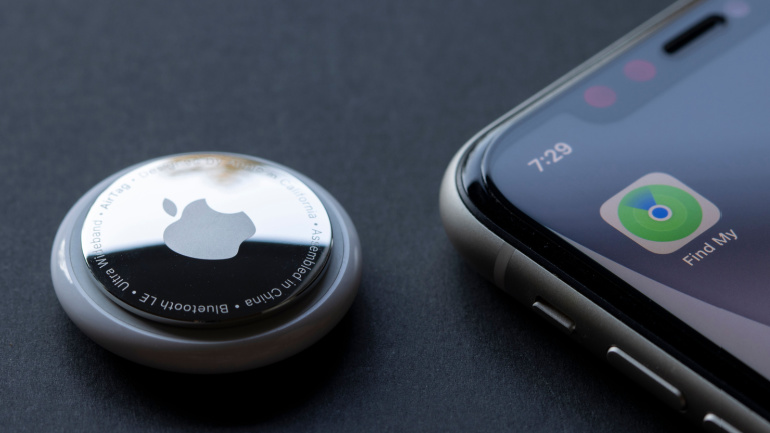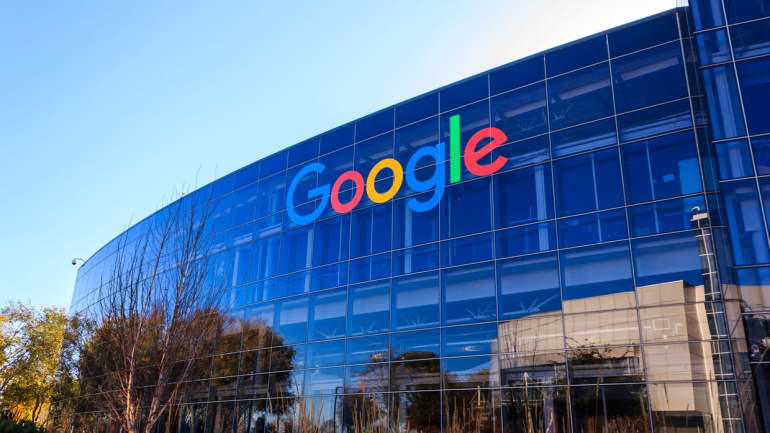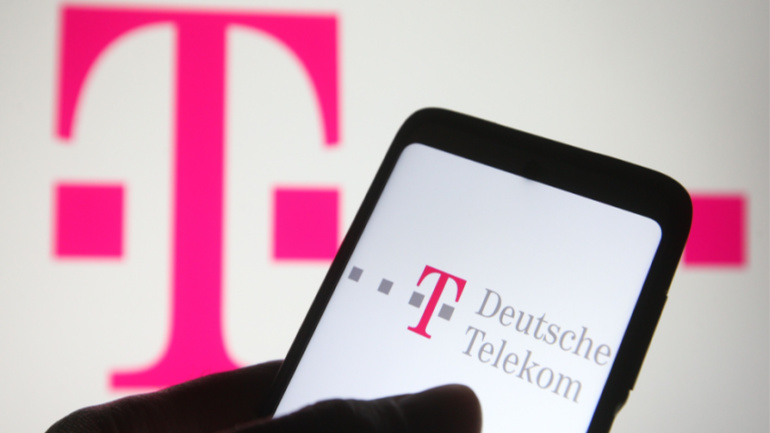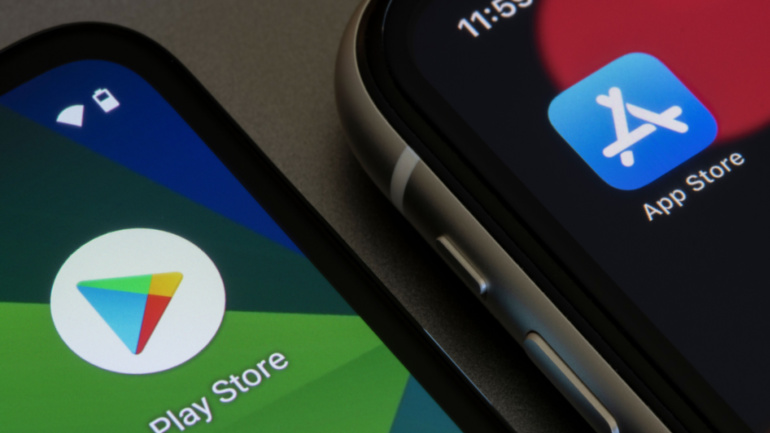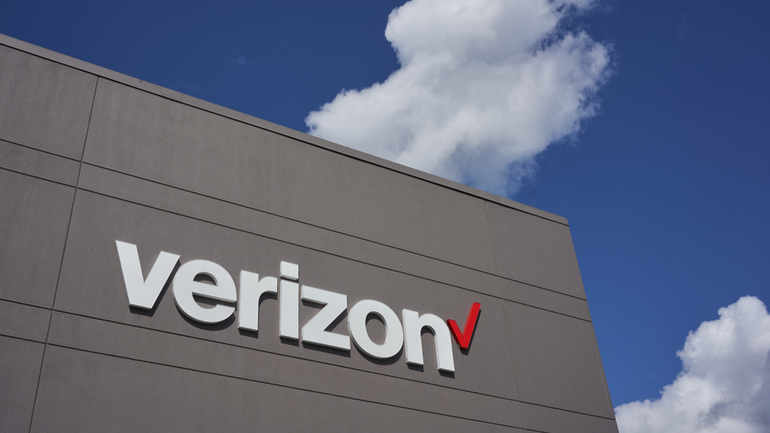Google and Apple have collaborated to develop an industry standard to prevent the use of Bluetooth devices for unwanted tracking. The idea seeks to achieve compatibility between the two leading mobile operating systems and the larger Bluetooth ecosystem. The objective is to develop unauthorized tracking detection and alarm systems for iOS and Android platforms that would recognize Bluetooth location tracking devices and flag them if it looks like someone is being monitored without their consent. The proposed standard seeks to identify and inform persons if a location tracker that has been detached from the owner’s device is traveling with them, as well as to give a method for locating and disabling the tracker. According to reports, Samsung, Tile, Chipolo, Eufy Security, and Pebblebee have shown support for the draft specification, which gives instructions for building the essential capabilities into their devices. The proposed protocol expands on the proactive features of…
Google has announced the development of Bard, an AI-powered conversational service that will compete with OpenAI’s ChatGPT. The technology, dubbed an “experimental conversational AI service,” will respond to users’ inquiries and engage in discussions. The program will first be made accessible to a select number of “trusted testers,” before being freely available in the near future. Google has deep expertise in the sort of AI that powers ChatGPT. However, the business has been more cautious about making its AI technologies accessible to the general public. LaMDA, the language model that supports Bard, has already been made accessible through Google’s AI Test Kitchen program, although it has certain limitations. Tech businesses are generally concerned about the possible backlash against untested AI. Large language models like LaMDA and GPT-3.5 have a history of producing harmful information. With the introduction of Bard, Google has significantly changed its approach to AI…
Ribbon Communications, a global provider of communications software, IP, and optical networking solutions to service providers, companies, and critical infrastructure sectors, has announced that its Session Border Controllers have been certified for Google’s new SIP Link. Customers can use Google SIP Link to link their existing carrier to Google via a network of certified Session Border Controllers (SBC). This adaptability enables the use of existing telecommunications infrastructure while maintaining continuous service with the user’s current carrier. The extensive enterprise SBC portfolio from Ribbon, which is installed in service provider networks all over the world, provides businesses with call encryption, secure telecom connectivity to help prevent fraud and unauthorized access, as well as protection for the larger enterprise data network from malicious users. These SBCs have undergone extensive testing to ensure that they offer strong SIP security and compatibility, including with traditional PBXs, contact centers, analog devices, SIP…
Google has a long history of secretly working on complex, high-tech projects, and the company has disclosed yet another such initiative. Aalyria, a new telecom company, was introduced on Monday. Within Google, it was known by the code name “Minkowski.” Despite the lack of precise information, sources claim that the company has been developing software for satellite-based, high-speed communications networks. Aalyria stated in a media release that its goal is to manage extremely fast, remarkably secure, and highly complicated communication systems that span land, sea, air, near space and deep space. However, Google declined to disclose information about Aalyria, including how long it has been developing the technology and how many employees are joining the startup. The Loon group’s software will be converted by Aalyria experts into a cloud-based system for controlling intricate networks that link high-speed Internet to objects such as satellites, aircraft and ships. …
According to Google Cloud, it successfully stopped the greatest distributed denial-of-service (DDoS) assault ever, which reached a peak of 46 million requests per second (rps). One Google Cloud client who was utilizing the DDoS protection service Google Cloud Armor was the target of the assault on June 1. The attackers blasted consumers’ HTTP/S Load Balancer with HTTPS requests for 69 minutes, starting with 10,000 rps and quickly scaling up to 100,000 rps until peaking at a stunning 46 million rps. The assault was notable not just for its surprisingly enormous level of traffic, but also for other factors. 5,256 source IPs from 132 different countries participated in the assault. According to Google, it is the largest ever attack at Layer 7, which refers to the applications top layer in the Internet’s OSI model. The assault on Google’s client was nearly twice as large as a June HTTPS…
Deutsche Telekom has selected Google Cloud for its first cloud-native trials in network and data analytics. The operator expanded its partnership with Google Cloud to develop a collaborative roadmap for the telecoms sector by bringing the power of the cloud closer to mobile and connected devices at the network’s edge. The initial phase of this extended Deutsche Telekom and Google Cloud relationship will focus on core network services, network analytics and customer experience analytics. Deutsche Telekom and Google Cloud will jointly test a range of network services in Austria, including 5G standalone and remote packet gateway operations, using Google Cloud and Google Distributed Cloud Edge. In order to leverage data-driven operations and automated workflows with open, Kubernetes-based solutions provided by Google Cloud, Deutsche Telekom will explore a number of use cases including anomaly detection, performance counters and trace data. The operator will be able to better manage…
Following a year-long investigation that indicated the two corporations had a tight grip on the industry, the UK competition authority is launching an investigation into Apple and Google’s market clout in phone browsers and cloud gaming. The Competition and Markets Authority (CMA) is seeking feedback on opening a market probe that would give it broad powers to address Google and Apple’s monopoly in mobile phone systems. The CMA might use a market investigation to intervene in Apple and Google’s provision of mobile browsers and distribution of cloud gaming services via their app stores and devices. The regulator has decided after a year of investigation that Apple and Google had an effective duopoly on mobile ecosystems, allowing them to exert an unfair grip on these markets, which include operating systems, app stores, and mobile web browsers. According to the CMA, the organization has examined where it may take…
Google Cloud, an accelerator of digital transformation for businesses, is expanding its presence in the Dutch public sector, having secured an agreement with the Central Dutch Government to provide access to the Google Workspace suite of cloud-based collaboration and productivity tools. The Central Dutch Government acknowledged in a statement that the agreement will help its departments shift toward hybrid working methods while also allowing participants to adopt the multi cloud paradigm of IT service consumption. The new agreement’s goal is to make it easier and more effective for Central Dutch government agencies to use the entire suite of Google Workspace technologies under pre-negotiated terms. In order to reach this goal, organizations will be able to fully utilize a variety of technologies, including industry-leading products such as Chat, Docs, Meet and Sheets, to better serve Dutch residents and enable new hybrid-working environments. The Central Dutch Government initiated a…
Verizon and Google Cloud have launched a new collaboration initiative. The corporations will join to deliver the power of the cloud closer to mobile and connected devices operating at the edge of Verizon’s network. With this new agreement, Verizon now interoperates with all three main cloud providers: Amazon Web Services (AWS), Microsoft Azure and Google Cloud. Verizon intends to deliver Google’s computing and storage capabilities to the edge of the local network by combining Verizon 5G Edge with Google Distributed Cloud Edge. This will provide real-time corporate applications such as autonomous mobile robots, intelligent logistics and industrial automation with the bandwidth and low latency that they require. Verizon’s private On Site 5G and private 5G Edge, combined with Google Distributed Cloud Edge, are expected to enable enterprises in industries ranging from retail to manufacturing to harness the power of 5G and mobile edge computing, while also gaining operational…
Telinta, a global leader in white label cloud-based switching and billing solutions for VoIP service providers, announced that it has integrated highly cost-effective “speech-to-text” for voicemail transcription provided by Google Cloud. Google Cloud’s automated transcription enables VoIP service providers to easily transcribe voicemails on Telinta’s softswitch platform, and deliver the text to end users via email. Google Cloud’s sub-penny pricing provides an extremely cost-effective solution for automated voicemail-to-text (v2t) transcription in over 125 languages and dialects using the Telinta customers own Google Cloud account. Google Cloud provides options specially optimized and tuned for telephony. Voicemail is a standard part of Telinta’s white label solutions for VoIP service providers and is offered at no additional cost. Telinta has developed a special plug-in which enables Google Cloud voicemail transcription, and is available for a small monthly fee. Inbound minutes of traffic, including voicemail, is free for Telinta customers. The…



